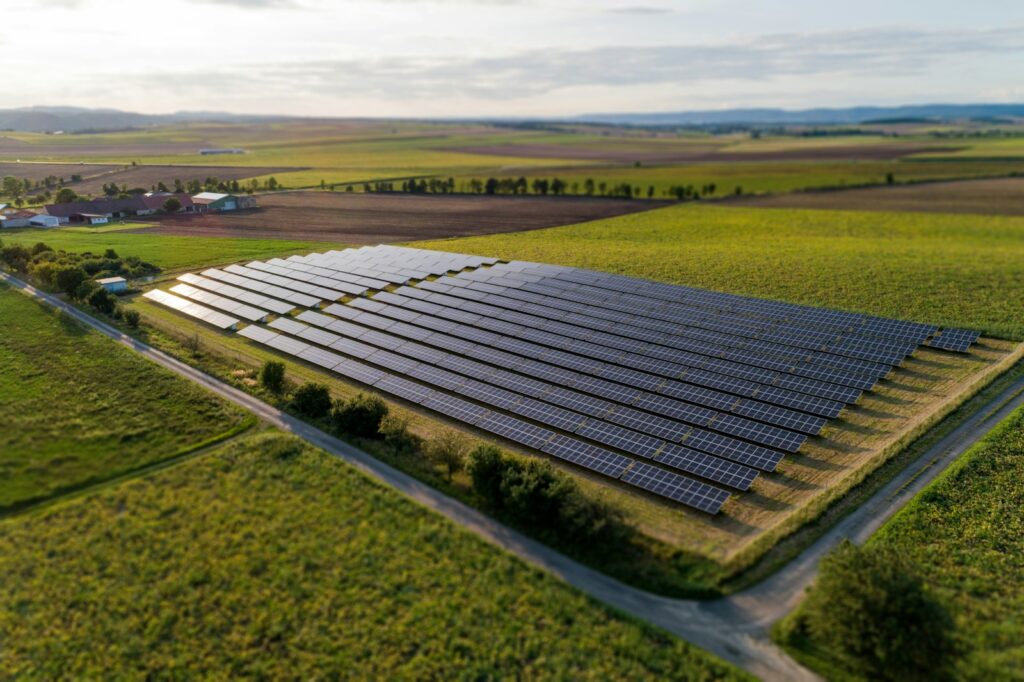A new report into carbon capture storage (CCS) has said the technology is a ‘wildly unrealistic climate solution’ and does little to tackle the fossil fuel industry.
The Institute for Energy Economics and Financial Analysis (IEEFA) report ‘The Carbon Capture Crux: Lessons Learned’ examined 13 carbon capture projects – over half of total global capacity.
The authors discovered most of the projects had failed or critically underperformed and wrote that ‘using carbon capture as a greenlight to extend the life of fossil fuel power plants is a significant financial and technical risk.’
It was also found that most captured carbon was then used for enhanced oil recovery (EOR), pumping out further fossil fuels.
Friends of the Earth Scotland says that this adds to mounting scientific evidence that CCS is not enough to solve the climate emergency and casts doubt on a recent planning application to build a new gas power plant at Peterhead.
The application has been made with Aberdeenshire Council, but the Scottish Government’s Energy Consent Unit has the last say on whether the plans will go ahead or not.
In the Scottish Government’s Climate Change Monitoring Report it was admitted that carbon capture and hydrogen technologies cannot deliver ‘at the pace assumed in the Climate Change Plan update.’
Friends of the Earth Scotland’s Climate Campaigner Alex Lee said: ‘The evidence is clear that carbon capture cannot be relied upon and is being used by fossil fuel companies to extend the lifetime of oil and gas. Even the Scottish Government has backtracked on its own predictions about CCS in its climate change plans.
‘With full power to determine whether the new Peterhead gas plant should go ahead or not, the Scottish Government should show real climate leadership by rejecting it when the time comes, and committing instead to the decisions that need to be made for a just and rapid transition away from fossil fuels.’
Last year’s report by Friends of the Earth Scotland and Global Witness, carried out by the Tyndall Centre for Climate Change Research, found a huge gap in carbon capture projections and feasibility.
The report said that carbon capture would not deployed significantly until the 2030s and should not be relied upon to reach climate goals.
Photo by Alex Simpson
















